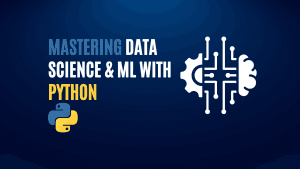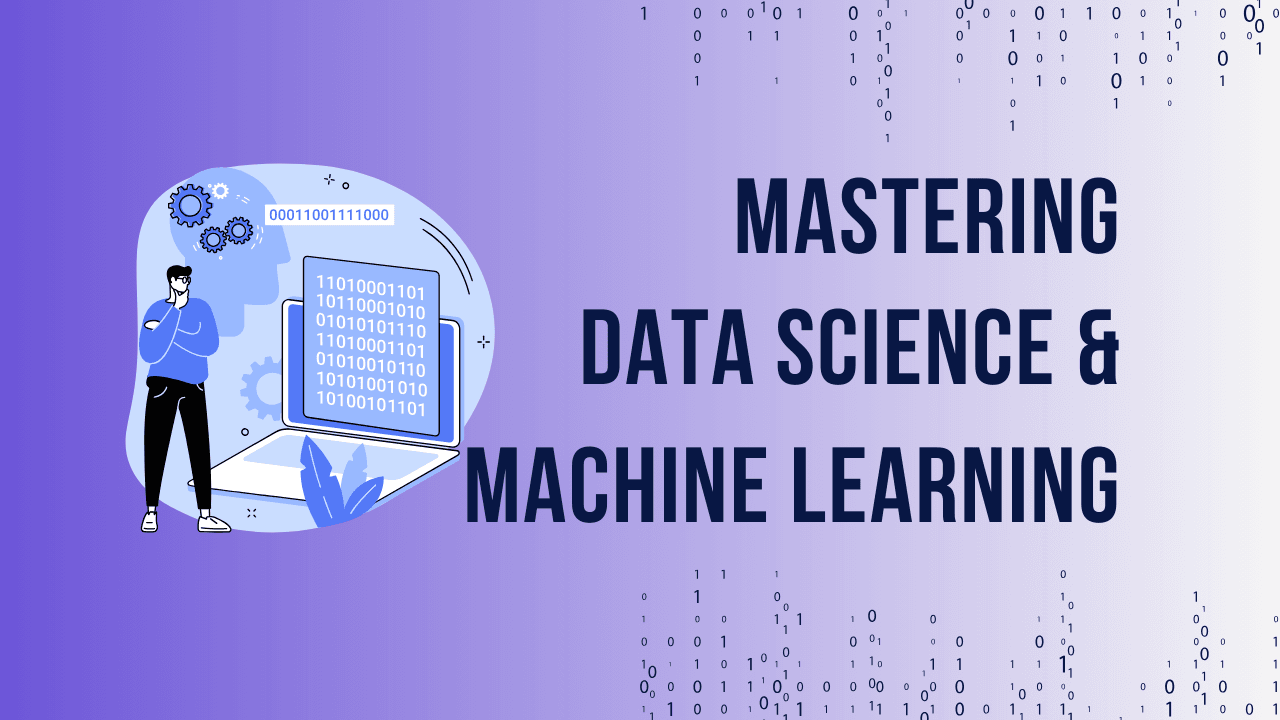Table of Contents
ToggleIs a Data Scientist Considered to be a "Real" Scientist?
In recent years, the role of a data scientist has garnered significant attention across industries. From shaping business strategies to aiding in scientific discoveries, data scientists are increasingly becoming crucial players in today’s data-driven world. However, a common question often arises: “Is a data scientist considered a real scientist?” To answer this question, it’s important to define what it means to be a scientist, examine the role of data scientists, and explore how their work relates to traditional scientific disciplines.
What is a Scientist?
Traditionally, a scientist is someone who conducts research, observes natural phenomena, formulates hypotheses, and tests them through experiments to advance knowledge. Scientists work in fields such as physics, biology, chemistry, and astronomy, engaging in systematic processes to uncover new insights about the world. Their work often involves hypothesis generation, rigorous testing, peer-reviewed publications, and contributions to theoretical or practical knowledge.
The scientific method, which includes observation, hypothesis formation, experimentation, and validation, forms the backbone of scientific inquiry. Scientists rely on data gathered from experiments or field studies to support or refute their hypotheses. In essence, the work of a scientist is characterized by the pursuit of truth through a structured, evidence-based approach.
Ready to take you Data Science and Machine Learning skills to the next level? Check out our comprehensive Mastering Data Science and ML with Python course.
The Role of a Data Scientist
Data scientists, on the other hand, are professionals who analyze and interpret large sets of data to extract meaningful insights. They utilize statistical methods, machine learning algorithms, and data visualization techniques to discover patterns, trends, and correlations within the data. Data scientists work in diverse fields such as finance, healthcare, marketing, and technology, helping organizations make informed decisions based on data-driven insights.
A data scientist’s daily tasks may include cleaning and processing data, building predictive models, conducting exploratory data analysis, and creating visual representations of data findings. Unlike traditional scientists, data scientists often work with data that is already collected, rather than generating data through experimentation. They aim to solve business problems or optimize processes by leveraging the power of data.
Ready to take you Data Science and Machine Learning skills to the next level? Check out our comprehensive Mastering Data Science and ML with Python course.
The Overlap: Data Science and the Scientific Method
At first glance, it may seem like data scientists and traditional scientists operate in completely different worlds. However, there are significant overlaps between the two professions, especially when it comes to methodology. The work of a data scientist often mirrors the scientific method, particularly in the following areas:
Observation and Data Collection: While traditional scientists conduct experiments to collect data, data scientists work with pre-existing datasets. However, both rely on observation, whether it’s data from a clinical trial or user behavior on a website.
Hypothesis Generation: Data scientists often start with a hypothesis or a question, such as “Will implementing a new feature increase customer retention?” They use data to test their assumptions, much like traditional scientists.
Testing and Validation: Once a hypothesis is formed, data scientists test it by running experiments or using statistical models. This process of testing and validation is akin to the experimentation phase in scientific research.
Drawing Conclusions: Based on their findings, data scientists make recommendations or predictions. In the same way, traditional scientists use their experimental results to draw conclusions and contribute to knowledge in their field.
Despite these similarities, there are notable differences. For instance, traditional scientists often publish their work in peer-reviewed journals, contributing to the collective knowledge of their field. Data scientists, however, are more focused on practical applications in business or industry, and their findings may not always be published or subjected to the same level of scrutiny as academic research.
The Debate: Are Data Scientists Real Scientists?
The question of whether data scientists are “real” scientists largely depends on how one defines the term “scientist.” If being a scientist is strictly defined by working in a lab, conducting physical experiments, or contributing to theoretical knowledge, then data scientists may not fit the traditional mold. However, if we consider the essence of scientific inquiry—using evidence to answer questions, solve problems, and make predictions—then data scientists certainly engage in a scientific process.
Data scientists, much like traditional scientists, rely on rigorous analysis, critical thinking, and the pursuit of knowledge. They use data to answer complex questions and solve real-world problems, often employing methods that are grounded in statistics, mathematics, and computer science. In this sense, data scientists apply a scientific mindset to their work, even if their tools and methods differ from those of traditional scientists.
The Evolving Definition of Science
Science itself has evolved over time. Fields like computer science and data science have emerged as legitimate disciplines, blending traditional scientific methods with new technologies. The definition of what it means to be a scientist has expanded to include individuals who work in interdisciplinary fields, utilizing new tools to solve modern challenges.
Data science is, at its core, a field grounded in empirical analysis. Much like traditional science, it seeks to uncover patterns and truths through careful study. The rise of artificial intelligence, machine learning, and big data has only further blurred the lines between traditional scientific disciplines and data science.
In many ways, the role of a data scientist is a modern evolution of the scientific profession, adapting to the demands of the digital age. Data scientists bring together knowledge from multiple fields—mathematics, statistics, computer science, and domain expertise—to generate insights that were previously unattainable. This interdisciplinary approach is becoming more central to scientific inquiry in the 21st century.
Our Students Testimonials:
Conclusion
So, are data scientists real scientists? The answer largely depends on how we define the term “scientist.” While data scientists may not fit the traditional image of a lab-based researcher, they share many qualities with their counterparts in other scientific fields. They employ rigorous analysis, utilize the scientific method, and seek to answer questions using empirical evidence. In today’s data-driven world, the work of data scientists is an essential extension of scientific inquiry, making them a valuable part of the broader scientific community.



